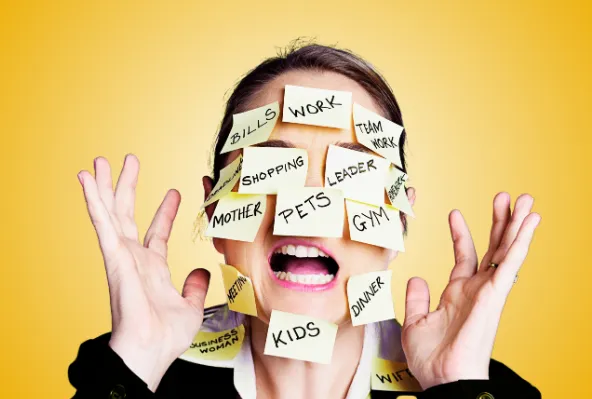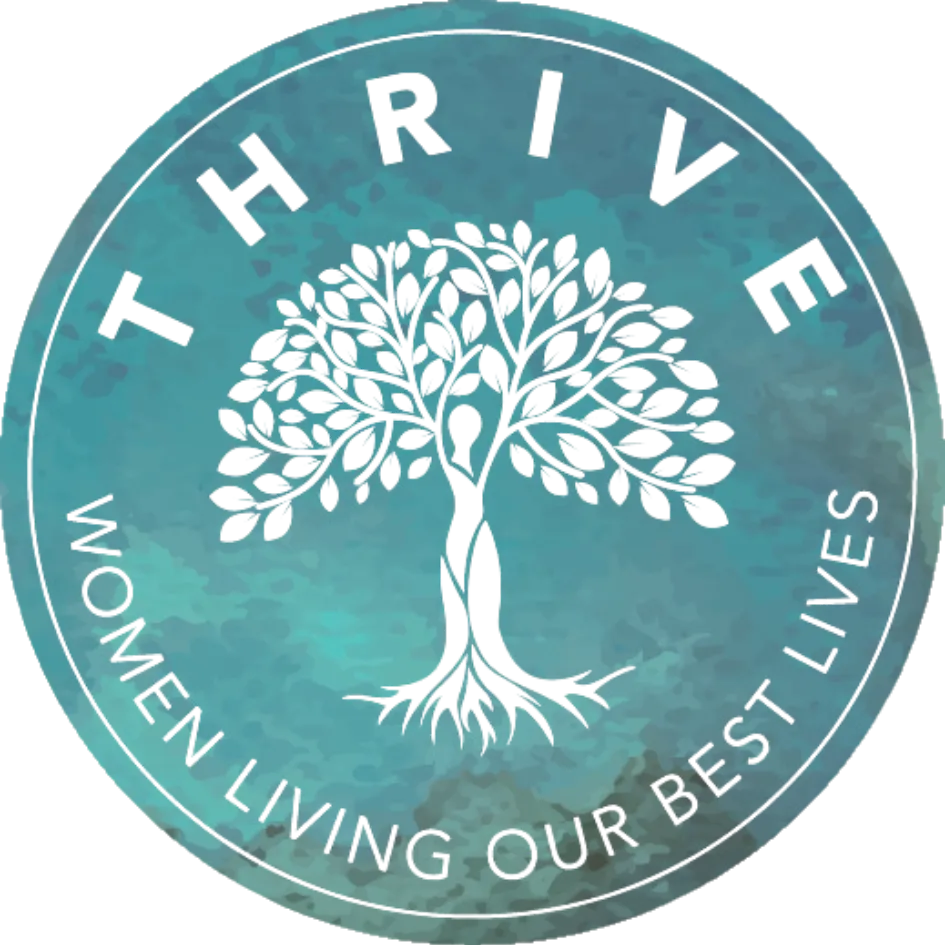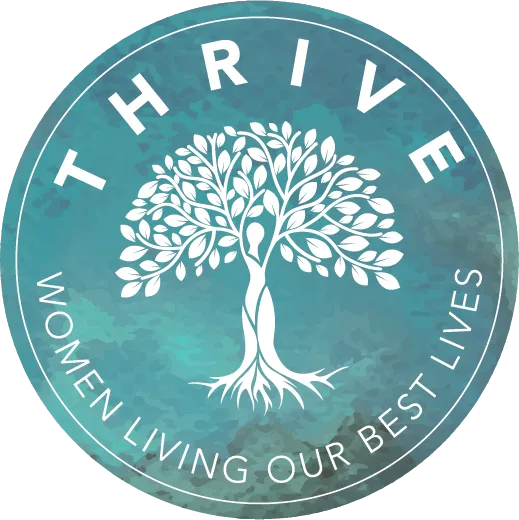
From surviving to thriving: Why midlife isn’t the health decline you’ve been told.
At age 40, with 3 small children at home, I hit rock bottom. I was exhausted, stressed and overwhelmed, my body ached, and I felt so old. I genuinely believed this was just what getting older felt like! I started to wonder ‘Is this my life now, is this it?’
I realised I wasn’t prepared to accept that it was! My health was affecting my relationships, and I hardly recognised the person I had become. I knew I had to make changes – fast!
Over the next 10 years I researched, experimented, and made gradual changes to my lifestyle and diet. I worked on my beliefs and mindset, I learned to prioritise myself and be more self-compassionate. Now, in my 50s, I can honestly say I am the healthiest and happiest I have ever been.
Why am I telling you this?
You may be thinking that feeling tired, stressed, and overwhelmed is simply part of growing older. The reality? You have far more power to change how you feel than you might imagine.
Does this sound familiar?
You wake up tired. You drag yourself through the day, juggling work, family responsibilities and the endless ‘to-do’ list. By evening, you’re running on empty, with no energy left for you. Every day feels the same, stress and overwhelm have become your ‘normal’.
Maybe you’ve also noticed stubborn weight gain, digestive or joint issues, brain fog or problems concentrating and assume they’re just part of ageing. Like me, you may have wondered, ‘Is this it?’
The myth of ‘normal’ ageing
At some point in midlife, many women start to believe that declining energy, poor sleep and constant stress are unavoidable, which can lead to a loss of confidence and even a sense of having lost our real selves.
But here’s the truth: these symptoms aren’t inevitable. I know from personal experience, and from working with my clients that it is possible to feel vibrant, strong, and in control, at any age.
In reality, much of what we think of as ‘ageing’ is actually the result of lifestyle habits and unaddressed stress, as well as our values, beliefs and mindset. As natural carers, many of us believe we must look after everyone and everything else before we take care of ourselves. Of course, this isn’t sustainable and can lead to exhaustion and potentially, burnout.
What’s really going on
Your physical body, lifestyle and responsibilities will naturally change, especially through midlife and beyond, and often, the way we have been living no longer works for us. You may be doing all the same things you have always done and wonder why you suddenly feel more tired or stressed, why you are putting on weight or noticing new symptoms.
It’s not surprising that we believe it’s just our age, and that we feel so powerless!
Yes, our bodies change over time, but you have far more influence over how you feel than you might believe.
Isn’t it too late to change?
No matter your age or starting point, it’s never too late to feel better. You don’t need to overhaul your life overnight or crash diet! In fact, if you do decide to take drastic action then you are much less likely to succeed, as the changes you make are unlikely to feel sustainable in the long term.
Lasting, meaningful change comes from taking small, consistent steps in the right direction.
If you’re thinking, ‘I just don’t know where to start’, then I hear you!
Let’s face it, you probably know a lot about what you ‘should’ be doing to be healthier. There’s no shortage of information out there, which foods to eat, how to sleep better, how much to exercise, whether to meditate, try cold showers, go keto, take up yoga, the list is endless.
So, what’s the problem?
Firstly, so much of the advice is conflicting, complex or simply confusing, so how do you work out which advice to take?
If you want to take up yoga, for instance, you need to decide what type, whether to do it in person or online, and then find a class that suits your availability!
‘Analysis paralysis’ is real, and this can prevent us doing anything at all.
Even if you are clear about what you want to do differently, how do you actually do it, and keep doing it consistently? When motivation takes a dip and you don’t to stick to your new regime, it’s easy to end up feeling weak-willed, like you have failed.
How to create healthier habits
Creating new habits is not always easy but you can make it easier for yourself.
For example, if you want to get more exercise:
Pick an activity you love.
Don’t sign up to the gym if you hate it – you know you’ll never go!
Make it fit your current lifestyle.
Choose times and places that work for you – the easier it is, the more likely you’ll do it!
Plan one week at a time.
Consider your week carefully – how busy are you, what can you realistically fit in and what could get in your way?
Make the activity more attractive.
Why not do it with a friend for triple the benefits – exercise, social connection and an accountability buddy?
And if it still feels like a struggle to get started, start small. Even going for a 15 minute walk twice a week is a step in the right direction. This can be a great way to build your new exercise habit without becoming overwhelmed.
The key thing is just to start!
What difference will it really make?
Just for a moment, consider this:
How would it feel to wake up every day with energy that lasts all day long?
Imagine if you knew exactly what to eat for amazing health, never felt deprived, and got rid of cravings for good.
How would your life change if you no longer felt overwhelmed by your 'to do' list and understood how to manage stress, so you could deal calmly with everything life throws at you?
Imagine feeling confidently in control of your body, your health and your life.
If you want:
more energy and better sleep
feel happier, stronger and fitter
to feel calmer, more confident and more in control
fewer hormonal symptoms
better relationships and more time for fun
then all of this is possible! By making simple changes consistently, taking one step at a time, you can achieve the health you deserve, at any age!

Where does health coaching fit into this?
Making changes often still feels difficult without support. It is hard to go it alone, particularly if friends and family aren’t on your wavelength.
This is where health coaching can make all the difference – the difference between knowing you want to make changes and actually being able to do it.
Health coaching starts with understanding what you’re not happy with, what needs to change and why now is the right time. As you develop a clear, inspiring vision of your ideal health and a deep understanding of why it matters to you, getting motivated to start taking action will feel easier and more exciting.
Together we look at what is getting in the way of you achieving the health you want and deserve, and work out realistic, sustainable ways to do things differently.
We look at nutrition, movement, self-care, sleep and stress management, as well as addressing mindset and beliefs. However, your personalised coaching programme will reflect your life, your priorities and your circumstances. You decide what changes to make, and you set the pace.
As a Health Coach, I’m here to provide guidance, helping you to cut through the confusion and focus on what research says works. But most importantly, my role is to support you and hold you accountable, as you move forward, step by step.
I’m not here to judge you or tell you what you ‘should’ do. I’m here as your ally and cheerleader, celebrating each step you take towards better health. My aim is to empower you until you no longer need me, and feel happier, healthier and ready to face your future with energy and confidence!
If you’re ready to start making changes, then join the Thrive Hub to get exclusive access to my e-book, “10 ways to boost energy naturally”.
My free e-book contains 10 proven, simple tips you can try right now to boost your energy and feel better. You’ll discover:
The best energy boosting foods to add to your diet
Which foods are draining your energy
Why energy drinks and caffeine are not the answer
Reasons to exercise even when you’re exhausted
The vitamin you may need more of
The habits that lower your energy and mood and what to replace them with
The energy boosting habit we often don’t prioritise
If you’re ready to get the health your deserve, start taking action today.
Read through all the tips and think about which changes you want to make first – don’t try to change everything at once!
Pick one or two actions that feel easy and achievable in the next 7 days.
Make a plan – decide exactly what you are going to do, and when and how you’ll do it.
Get friends and family involved for extra accountability, it’s much easier when you have support!
Remember, start small and take time each week to review your progress, celebrate your successes and set new actions.


